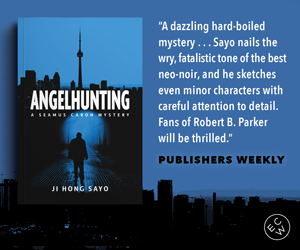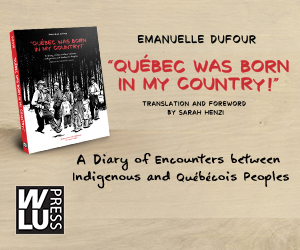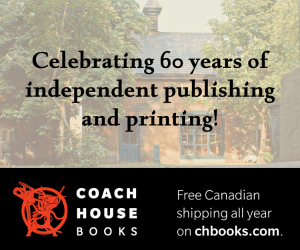Why I Read Obituaries
By Irina Kovalyova
To get out of a dry writing spell several years ago, I had to take drastic measures. To take drastic measures meant calling my writer friend. In Ontario.
She was shocked but not surprised when I called her and said she'd been wondering how long it would take me to get in touch. (Ten years ago, we'd gone to graduate school together but hadn't spoken since). She would have done it first, she assured me, if she didn't have five kids.
She listened to my laments in silence, and then told me to read obituaries. Every day. Because every day (in between nursing, cooking, cleaning, washing, bathing, clothing, dropping off and picking her kids from school), that was what she did. She read obits.
“Why?” I asked her. The obituaries had always struck me as rather sad.
“Because. Reading obituaries gives me terrific ideas for writing. In fact, I’ll tell you what. I challenge you to read an obituary of your choice in today’s newspaper and write a one-thousand-word short story based on it.”
“What does ‘based on’ mean, exactly?” I wanted to know. “How much room is there for fiction, really? Or inventive plots?"
“As much room as you care to make it. Build whatever you like.”
“But doesn’t it…I don’t know. Doesn’t using obituaries for inspiration seem a little insensitive to you?”
My friend sighed. “I did worry about that. I won’t lie. But then I figured that people who are dead would be happy if their lives inspired us, right?”
Reluctantly, I agreed to her proposition, thinking already it would never work. Shortly before 1 PM that day I opened the Globe and Mail. I poured myself a cup of strong coffee, flipped to the Obituaries, and started to read. I was pretty skeptical about the whole thing, you must remember. But something happened then.
Your CanLit News
Subscribe to Open Book’s newsletter to get local book events, literary content, writing tips, and more in your inbox
No sooner did I finish reading the first paragraph under a photograph of a broad-shouldered man than my thoughts began to fold into complex, elaborate patterns. These patterns then proceeded to flutter around my head, like butterflies. When the butterflies slowed, and I was able to start writing my thoughts down, I looked at the watch: it was 2 PM.
I began to type quickly, letting my mind wonder freely and keeping my fingertips floating across the keyboard. I began to ask the person I'd just read about philosophical questions, to describe his house, to conjure his mannerisms. In one bizarre mental sequence, I even saw him hitting a golf ball with a bottle of champagne. Why the golf ball, you might wonder at this moment. Why the champagne. Well, because. The gentleman in question had been an amateur golfer and enjoyed a luxurious lifestyle.
By 5 PM, happily, I wrote 2, 000-words. It was easy. After three more hours, all seemed normal again. By 9 PM, I edited the final draft of my totally fictional story (which, inexplicably, featured the missing diamond cufflinks), and emailed it to my friend in Ontario, for feedback.
Then I noticed another obituary. It was about a woman. On the photograph she looked young, friendly, and free. The obit said that she’d worked all her life as a pediatric nurse in Montreal but that she'd also loved the sea. Terribly. In fact, one summer, she’d single-handed a 26-foot sailing boat from St. John's to Calais.
Well, I thought, tomorrow. Tomorrow I would write a story about her. There was a lot of room for fiction. And for inventive plots. But perhaps... yes, perhaps I will start with describing what the ocean might have smelled like to her.
The views expressed in the Writer-in-Residence blogs are those held by the authors and do not necessarily reflect the views of Open Book: Toronto.
The views expressed in the Writer-in-Residence blogs are those held by the authors and do not necessarily reflect the views of Open Book.
Irina Kovalyova has a Master’s degree in Chemistry from Brown University, a doctoral degree in Microbiology from Queen’s University, and an MFA in Creative Writing from UBC. She is currently a Senior Lecturer in the Department of Molecular Biology and Biochemistry at Simon Fraser University. She has previously interned for NASA and worked for two years as a forensic analyst in New York City. She was born in Russia and currently lives in Vancouver.


